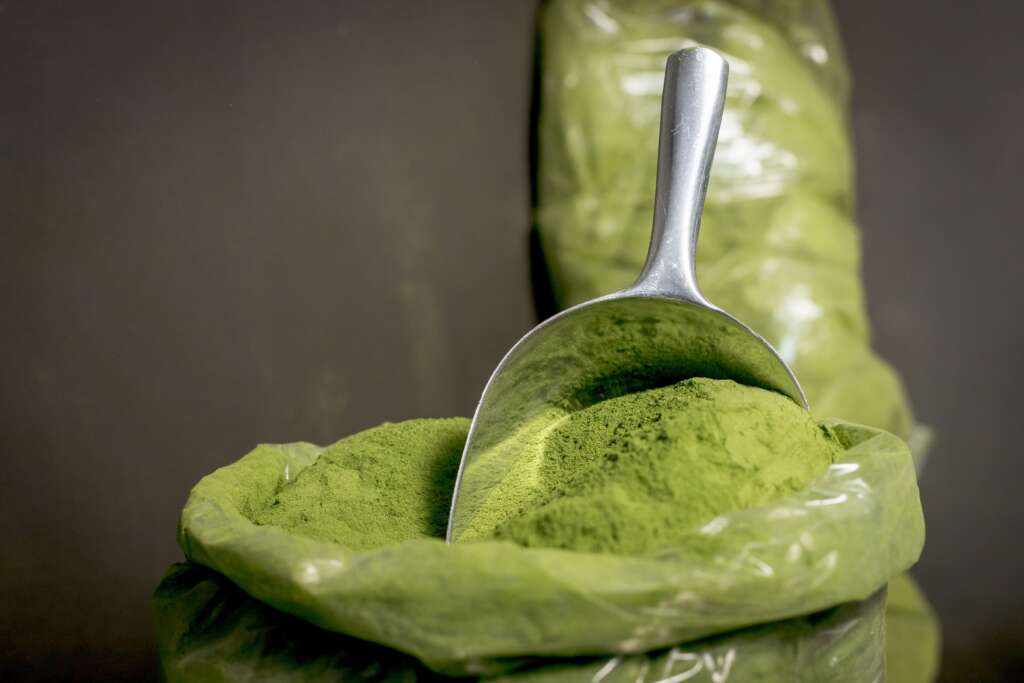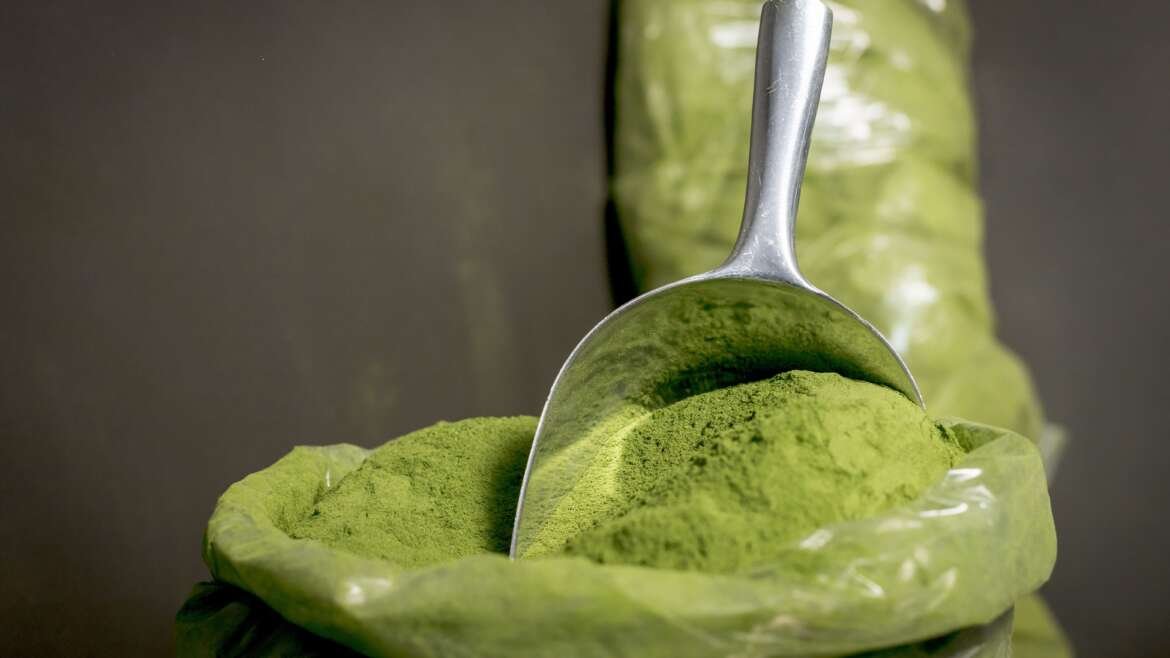Moringa’s health benefits are well-documented, with new research on its benefits being published each year. Many cultures around the world refer to it as “the miracle tree,” and for good reason! We’ll go over some of the most important advantages below.


Moringa is similar to a multivitamin:
What we put into our bodies feeds the systems that make up our bodies.
Moringa is high in vitamins A, C, and E, as well as a few B vitamins. These vitamins are known as “antioxidant vitamins,” and they aid in the fight against illness and infection. Vitamins A and E also aid in cell health and the prevention of cellular mutations.
Furthermore, vitamin E is an effective treatment for PMS. Every month, you get that bloated, groggy feeling. Moringa may alleviate some of these symptoms. Vitamin E is another vitamin that promotes skin, hair, and nail health. That is why some people use moringa in homemade face masks.
Women require adequate B vitamins to help prevent fatigue and improve cognitive function. B vitamins collaborate with other vitamins to convert calories into energy by increasing metabolism. Moringa contains more vitamins B1, B2, and B3 than any other plant source. One scoop of moringa is equivalent to one scoop of plant-rich energy.
Calcium:
Moringa has four times the calcium of milk, four times the vitamin A of carrots, and three times the potassium of bananas in one serving.
Calcium is essential for preventing osteoporosis and heart disease. One of the most common deficiencies among young women is iron deficiency, which can lead to anaemia. Plant-based protein aids in the maintenance of your basic cell structures.
Potassium:
Potassium promotes heart health, muscle strength, and a healthy metabolism. It also alleviates anxiety and stress. Moringa is a mood booster:
Some days simply require a mood boost, and moringa can help with that. It’s reassuring to have a quick, easy way to get the nutrients we need as women during stressful times, especially during uncertain times.
Effect on Mood:
What effect does moringa have on mood? It’s complicated, but we’ll hit the highlights. It’s critical to remember that no single superfood is a “cure-all” for overall health. Long-term health is built through consistent daily habits. The accumulation of these habits contributes to overall feelings of vitality and wellness. Moringa is only one part of the puzzle!
Moringa can help balance our neurotransmitters, which can improve our mood. How? Neurotransmitters are chemicals that tell your brain how to function and which parts of the brain should be active.
According to one study, moringa aids in the release of serotonin, a key neurotransmitter associated with mood, memory, and the stress response system. Moringa can help your brain release serotonin, just as exercise releases a slew of neurotransmitters in your brain, improving your mood and combating stress.
This factor, when combined with moringa’s antioxidant properties, can aid in the fight against oxidative stress. Moringa may help your overall wellness if you are stressed due to looming deadlines, uncertain times, or environmental stressors.
Moringa contains a lot of iron:
Anaemia occurs when the blood lacks sufficient healthy red blood cells or haemoglobin to transport oxygen to the body’s cells.
Anaemia frequently causes fatigue, lightheadedness, and shortness of breath. 3.5 million Americans are currently affected by the condition. Recent research suggests that moringa leaves may be more effective than conventional iron supplements in improving iron sufficiency.
One tablespoon of moringa leaf powder is a good source of iron. Moringa also contains seven times as much iron as spinach. Including a scoop of moringa in your daily smoothie can help you maintain an iron-rich diet.
Moringa helps with lactation:
Moringa has been shown in numerous studies to increase the amount of breast milk produced by new mothers.
In one study, new mothers who took 350mg of moringa per day produced significantly more breast milk than those who received a placebo.
Moringa not only increases the amount of breast milk produced by new mothers, but it also improves its nutritional quality. Moringa is also high in vitamin A, which is essential for newborn babies.
In West Africa, new mothers use moringa to supplement their infants’ nutritional needs by adding it to breast milk.
Conclusion:
Moringa has been used for centuries as a source of essential nutrients. Our forefathers recognised moringa’s medicinal properties long before modern-day labs. Today, science is beginning to emerge with repeated tests that confirm moringa’s incredible nutritional portfolio. For good reason, it’s been dubbed the “miracle tree” in many cultures!
Moringa is an excellent supplement for women’s health that is simple to incorporate into one’s daily routine. To begin, blend one to two teaspoons of moringa into a smoothie. It can also be combined with 1 teaspoon of apple cider vinegar in a glass of water.


Add Comment